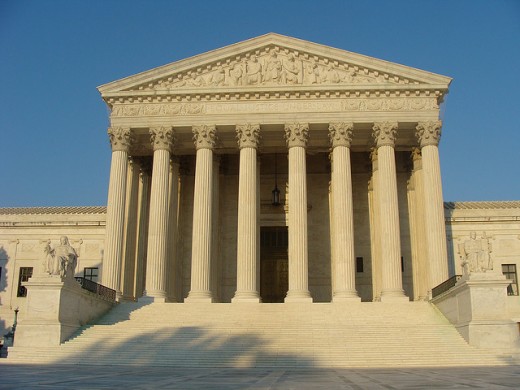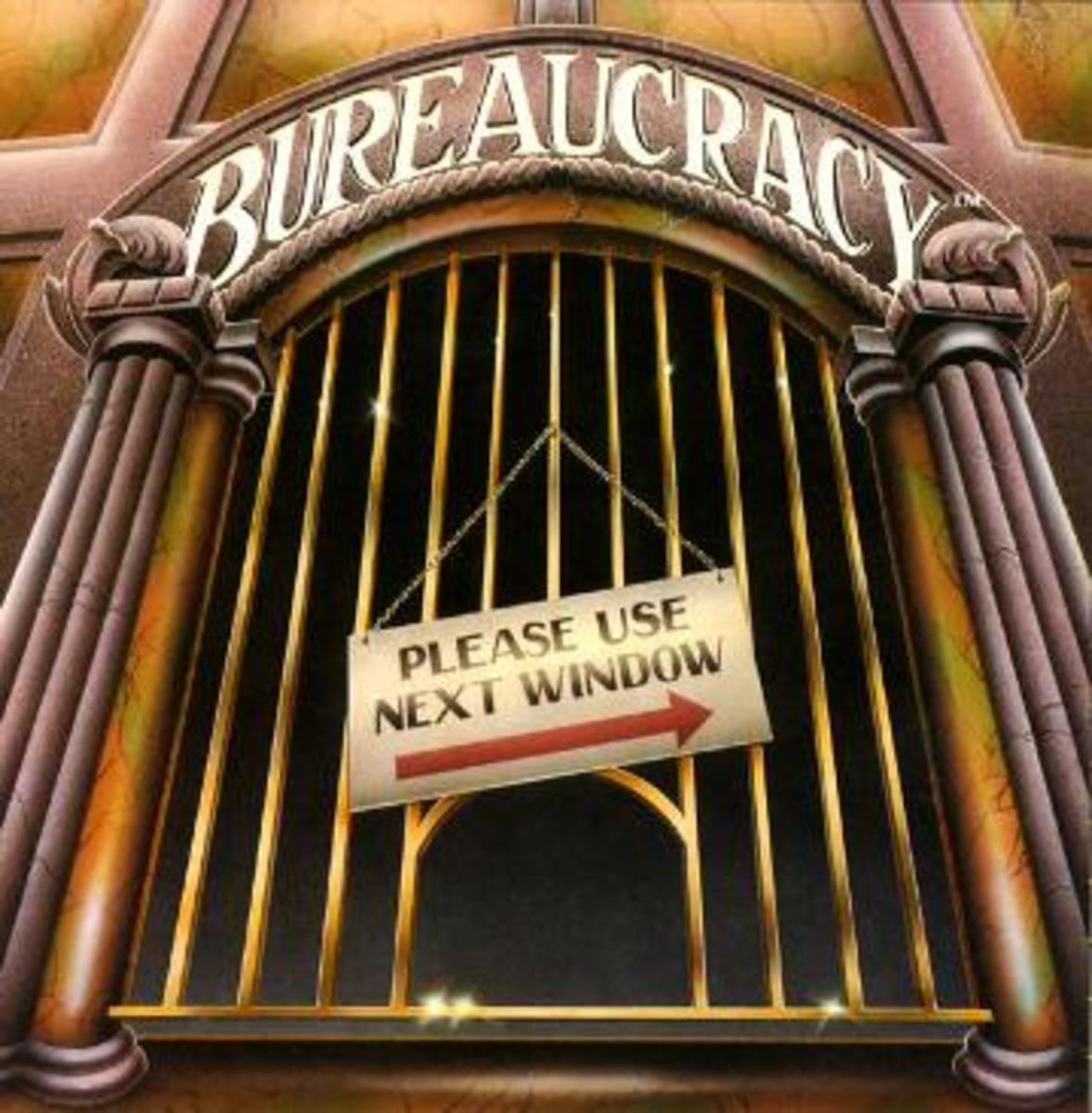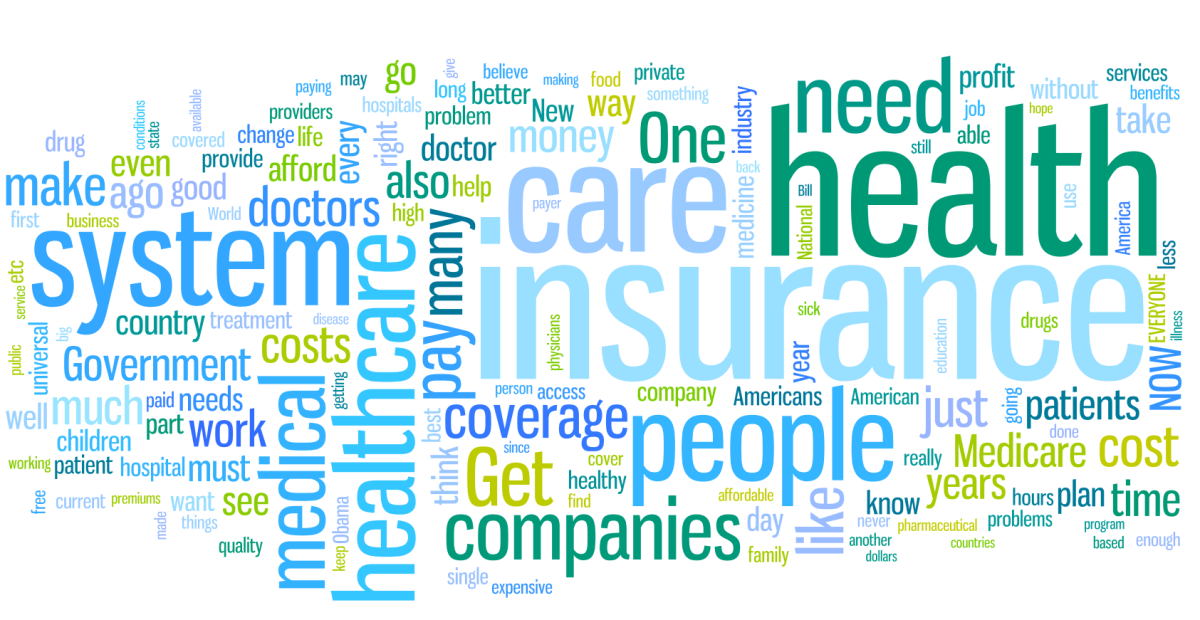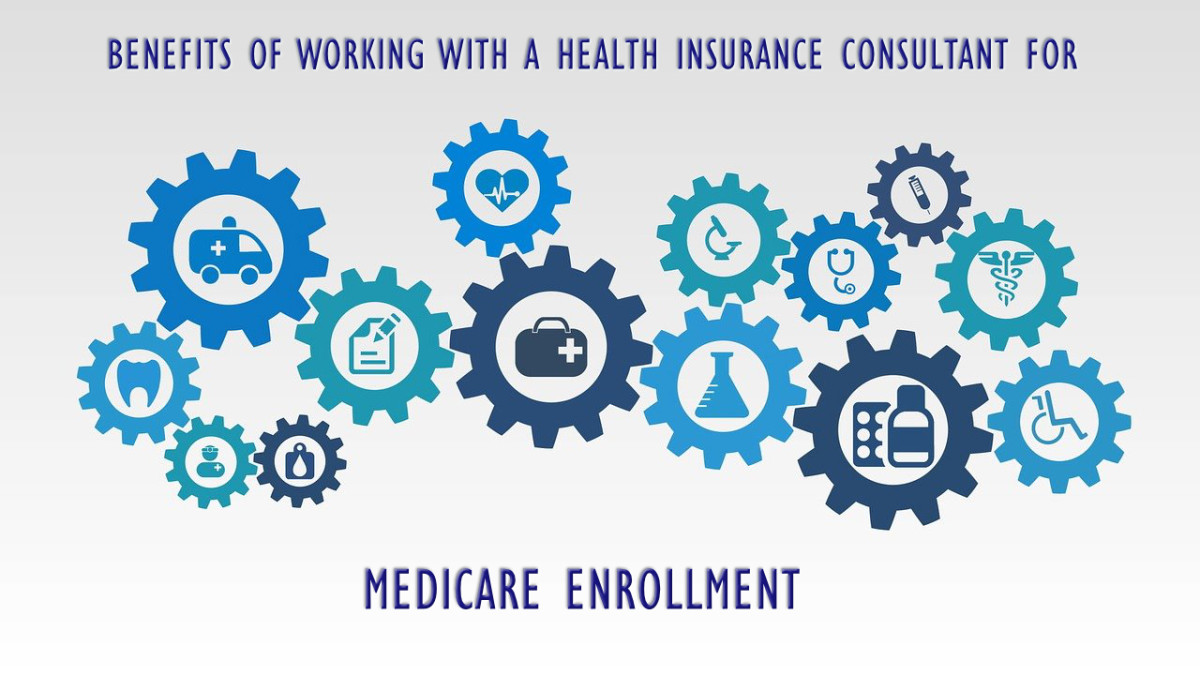A Few Thoughts







May I stir up a hornet's nest?
Dear blood relatives and related family of man,
I downloaded and have been listening (when I can) to the audio of the Supreme Court Case about Health Care Reform (also known as "Obamacare.") It's been not only interesting but quite an education.
Dan Carpenter, a liberal columnist who writes in the Indianapolis Star (the local paper,) opined that it would have been easier to simply extend Medicare to everyone instead of "bending to the business interests." What he is referring to is that it would have been easier to simply go with the oft-reviled "Single Payer" form of insurance (the single payer being the federal government,) rather than attempting to force everyone to contract for private insurance (I've been listening too long, I'm starting to use legal speak!) I don't agree with some of the finer points of his analysis, but the big picture I tend to agree with. Whether you agree with the idea that the government should force everyone to have health insurance or not, it would have been far easier to simply mandate that everyone join Medicare (probably via an actual tax, most likely an increase in the FICA tax working people now pay anyway.) Granted, the "Obamacare" mechanism of trying to mandate that everyone pay for a private insurance policy (if they are unable to get into a large group policy through their place of employment) is far and away less convoluted than the "Clintoncare" debacle that would have mandated a confusing menu of regional oversight and I don't even remember what else. That, however, is not the issue. The issue is; Can the government force people to buy a product they would not have otherwise purchased? And the corollary is; If the government can force people to buy this, what can prevent them from mandating the purchase of anything? Is "Obamacare" the first step on the "slippery slope?"
I am trying to look at this dispassionately. If I come across as having mixed feelings, that's probably because I do. Of course, I'm unemployed and my wife has a potentially fatal illness which is racking up medical bills as we breath. You might think that would automatically slant me in favor of the bill, but not necessarily. I am also a conservative, and a Christian, which does mean I'm not automatically for it, but it also means that I look at the actuarial tables (as best I can, I'm no math wiz!) and can see the logic behind wanting to get everyone "on the bus."
Still, I find it ironic that both Bill Clinton and Barack Obama, who have both been accused of being socialists, attempted to pass something that was in essence more like a fascist system of the government setting the pace but ordering private business to carry the burden, while George W. Bush (who is often accused of being a fascist) passed what is essentially a socialist piece of medical health legislation when he got Congress to pass the drug coverage portion of Medicare. And make no mistake, we have been using that for my wife, who is signed up. It would have been easier to simply try to expand Medicare. Not easy, but easier.
Of course the big argument for a lot of people is about how much power the government should have. What right does the government have to force people to do anything, and once the government has claimed and exercised that power, what's to prevent it from forcing people to do anything? Chuck Colson, famous "hatchet man" for President Nixon and thought leader for Evangelical Christians, said that all governments are automatically Statist, meaning that no matter who gets in power they start trying to accrue more of it to themselves. And it is true that once a government grants itself a power or a right, the chances that it will give up that right is next to zero. Especially when there's money involved. The federal income tax in the US was supposed to be temporary. And of course, governments always are willing to give up money, right? That's why Social Security is never, ever in danger of insolvency, right?
Right?
But then you get to the other side, and people who use an essentially economic argument to try to mandate forcing everyone "into the pool." This was the thrust of Monday's and early Tuesdays "Obamacare" arguments at the Supreme Court. There is a certain seductiveness to the logic here. You don't have to be a former insurance agent (like me) to know that the more people you have buying a product, the cheaper it is for everyone. In fact, this works for all economic models, not just insurance. The oft-cited reference to broccoli is a case in point. If everyone was forced to buy broccoli, it would be made in greater quantities and more cheaply (grown, made, same thing for this argument.) Young, healthy people don't tend to buy health insurance because they don't foresee getting sick. When I was young and (relatively) healthy I didn't buy it when it was optional, and rarely used it when it wasn't. Why would I? It was hard enough to get by as a struggling young person in a big city. I didn't go to the doctor? Why would I pay the money for insurance? If I went, I just paid out of pocket. It wasn't often, so I bit the bullet. But now I'm older and my wife is ill. And I have two special needs children. So I'm pretty well acquainted with the high cost of health care. And the blessings of Medicare and Medicaid. And I see all the people who suffer because they have no health insurance. Yes, you can go to the emergency room (some nearsighted people have used this as an example of how our system works well!) but that more often than not shifts cost onto other, paying consumers. A visit to a general practitioner is much cheaper, but if you don't have insurance it's not feasible. And again, I'm unemployed and not on Medicaid. A visit to our family doctor, who is just as nice as she can be but still needs to make a living, is a luxury I can't really afford. Yet it is the young and healthy people who, if they were forced into the risk pool, would lower the premiums for older and sicker people to the point where more people could actually afford to buy in.
In many ways it seems to boil down to a "herd" argument versus an "individual" argument. This is not all that different, in many respects, from another debate which has died down a bit but not gone away. I am referring to the "vaccines cause autism" debate. Many health care professionals seem to have taken the view that a lack of positive connection between vaccines and autism means there must be no connection whatsoever. And since they treat diseases of large numbers of people, they see the upswing in cases of whooping cough as a dangerous sign. And it is. The theory of mass vaccination is that the larger the number of people who are vaccinated against any one disease, the less chance that random individuals who are not vaccinated either will become infected or will infect anyone else. But on the other hand are parents who are afraid their children might become autistic (especially if they already have an autistic child) see the fact that no other explanation has been provided nor (as far as we can see) has the fact that vaccines definitely do not cause autism in any way been positively established. We are hesitant to have our kids vaccinated because autism is a very real disability. And the health care professionals can come off as dismissive and arrogant when they fail to acknowledge the real concerns of parents. The health care professionals see the herd being damaged, the parents see the individuals being damaged.
As a little aside, for these reasons, as well as the obvious ones, I've been paying particular attention to the provision where the Federal Government is attempting to force religious institutions to provide free birth control (and possibly abortions) to their employees. And trying to say that the institutions themselves don't need to provide the free contraception but the insurance companies do need to is the very definition of disingenuous. I've also noticed something both interesting and disturbing. Most (not all) of the people who are arguing in favor of religious institutions being forced to comply tend to speak about pregnancy in terms of the disease model. This first came to my attention when Rabbi Sandy Sasso, who is one of the leaders of Temple Beth-El Zedek here in Indianapolis, wrote an op-ed piece in the Indianapolis Star which touched off quite a controversy. In her first paragraph, she wrote this:
"Imagine we had the means to reduce infant mortality and improve newborn health; that we could significantly reduce the number of abortions each year; that we could cut teenage pregnancy by 77 percent; strengthen family relationships; lessen a woman's risk of developing endometrial and ovarian cancer; and even provide short-term protection against colorectal cancer. Imagine the expenses were low and saved money in the long run. "
Think of it! Not only can contraception reduce pregnancy (the most obvious and for most people most desirable effect,) but it can also reduce the number of babies who die each year (after all, fewer live births mean few babies will die, and what you've never seen you can never lose, right?) It would also improve newborn health! Lessen the chance that women will get cancer! All by what? Preventing pregnancy! And what does pregnancy produce?
Do I really need to ask?
But the babies, the human beings that would be produced by pregnancy, are actually detriments to society, because of all those bad things they cause. At least, that's what that paragraph says to me. Of course, almost no one would say that a baby is a disease, but somehow pregnancy itself seems to become something different. The limiting or (in some cases) elimination of pregnancy among young women becomes some panacea for not only the transmission of STD's (which the use of pills and rings won't prevent) but also for all kinds of societal ills. I'm not arguing that there shouldn't be fewer teenaged pregnancies. I'm saying that when society starts looking at growing human beings as a detriment in any way, then things have taken a bad turn somewhere.
My goal here is not to argue the correctness of the religious view of humans being made in the image of God and therefor the incorrectness of forcing institutions that worship God to prevent the creation of human beings. Well, okay, maybe a little, but come on, even without that last sentence I don't think I need to tell anyone here where I stand on that issue. It's to point out that once human life on any level starts getting classified as a disease (and not for the first time in history, although perhaps with more subtlety than before,) we are on the famous "slippery slope." And I've been alive long enough to see how fast things can pick up steam once they get rolling. In fact, we have met health care professionals who seem to think that my wife's life is almost like a disease at this point, just draining the resources of our family and the system. And my daughter, who is severely autistic, has been classified almost like a disease by some people we know. It's also to point out that once basic health care gets classified as an economic function (which the Tuesday arguments centered around) then the government can start claiming almost anything as an economic model and regulating it as same. Back in the 90's, pro-lifers were sued under the RICO statute. That could happen again, to people who don't buy health insurance.
This has been pointed out before, by people I both agree with and disagree with, but when government reserves the right to say who is worthy of life, and when the government reserves the right legislate every area of your life (and to some extent, both of these things have already happened,) then we're all in trouble.
A little P.S. to my UK relatives - I don't fully understand National Healthcare in England. My limited understanding is that people work, people get heavily taxed, and the government pays for health care out of those taxes. My understanding is also that it's a fairly straightforward transaction handled with limited bureaucracy. I once heard an Irishman say that Americans are undertaxed but overbeauracratized. The bill that was passed here in the US is not even close to that simple. I was urged to support this reform by one of my relatives (who shall remain Auntie!) but I don't think she quite understood how complicated this whole thing is. Or maybe she did, and I'm not giving her enough credit. Gee, it's not like I've ever been wrong before, right? Anyway, I know you all love a good debate. I hope you do, because otherwise I'm stirring up a hornet's nest. Gosh, good thing I've never done that before, either.
Right?
Love,
Chris
copyright (C) 2012 christopher w neal all rights reserved








